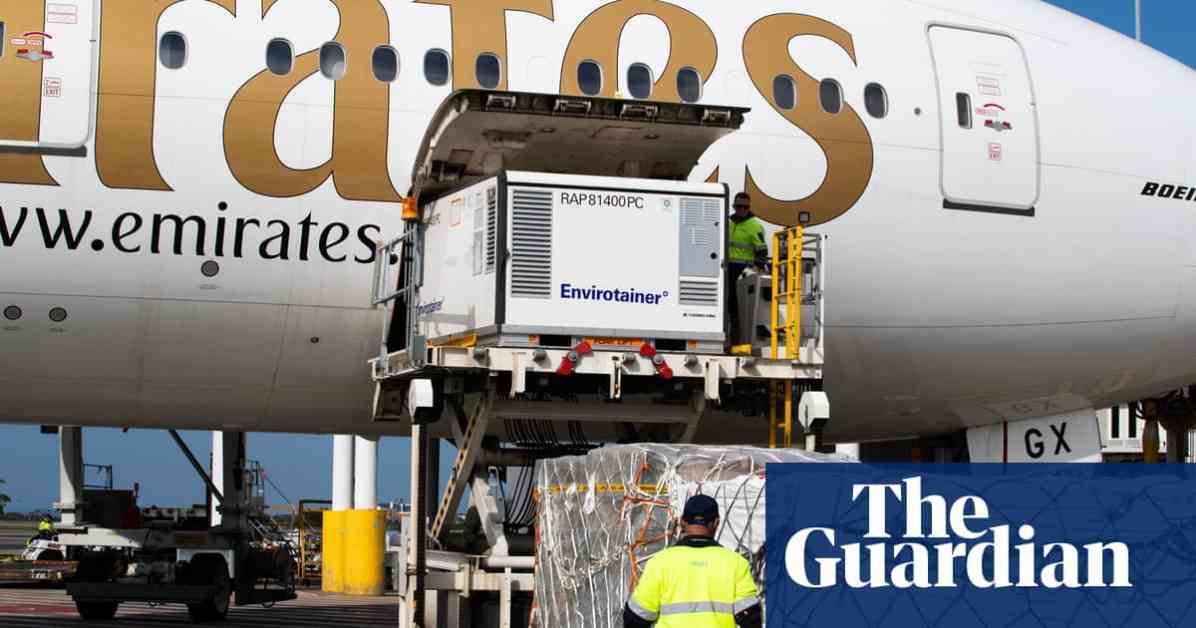The United Arab Emirates (UAE) has emerged as the top investor in Africa, pledging an impressive $110 billion for business projects between 2019 and 2023. While this influx of funds brings hope for much-needed green energy initiatives, it also raises concerns about potential impacts on workers’ rights and environmental protections. Emirati companies have committed $72 billion to renewable energy projects, surpassing investments from the UK, France, and China. African leaders welcome the UAE’s interest, but activists and analysts fear labor rights, environmental standards, and the UAE’s track record in these areas could be compromised.
Investment Landscape
The UAE’s increased investment in Africa marks a significant shift in the region’s economic dynamics. As companies from traditional investors like the UK and China pull back, Emirati investments fill the void, especially in critical sectors like green energy and mining. However, concerns linger about the potential social and environmental implications of these investments.
Emirati Expansion
Dubai’s prominent companies, including Emirates airline and DP World, have long-standing relationships with Africa. These entities have played a pivotal role in enhancing connectivity and trade between the UAE and various African nations. The UAE’s strategic interest in diversifying its economy away from oil and gas towards green energy and critical minerals further underscores its commitment to sustainable development.
Challenges and Opportunities
While Emirati investments offer promising opportunities for African countries, challenges such as delayed projects and illegal trade practices pose significant hurdles. For instance, financial issues at ZESCO have stalled a $2 billion solar power project in Zambia, highlighting the complexities of executing large-scale initiatives. Additionally, the influx of illegally smuggled gold from Africa to Dubai underscores the need for enhanced oversight and regulation to prevent criminal activities.
In conclusion, the UAE’s emergence as a key investor in Africa presents a complex landscape of opportunities and challenges. Balancing economic growth with social and environmental responsibilities is crucial for fostering sustainable development in the region. As stakeholders navigate these dynamics, collaboration and transparency will be essential to ensure that investments benefit all parties involved.
